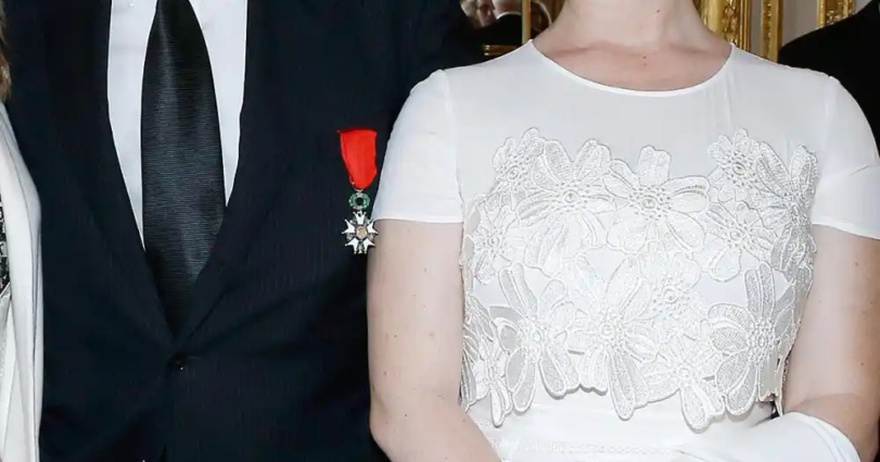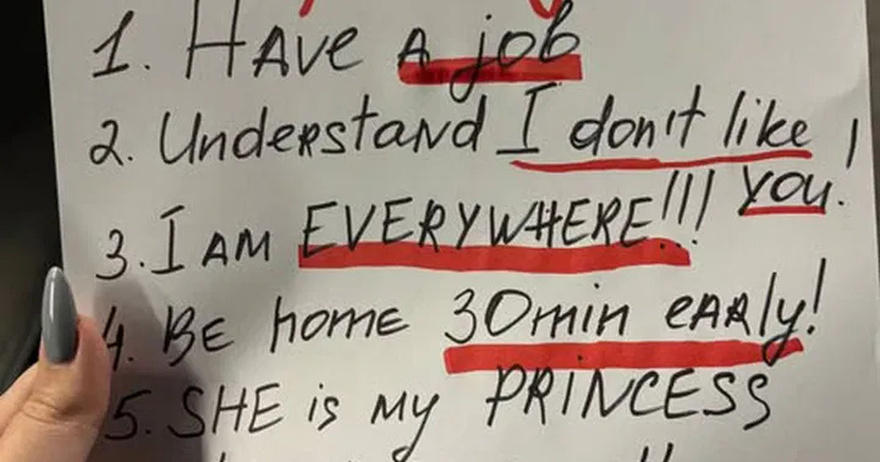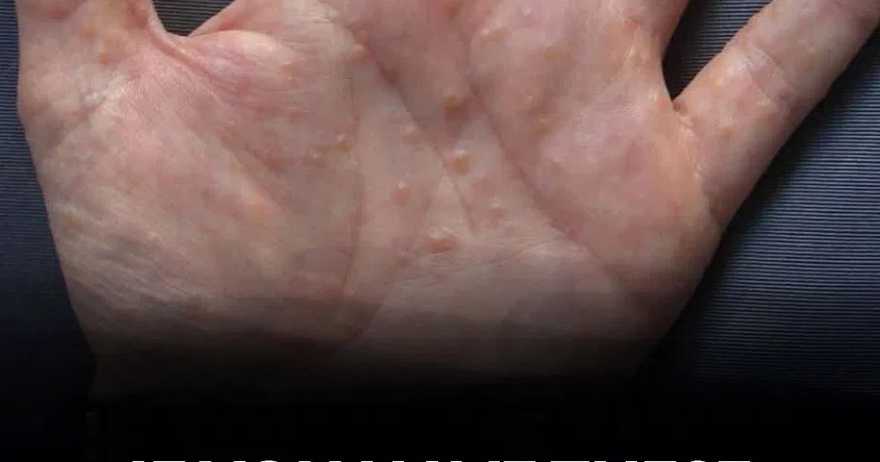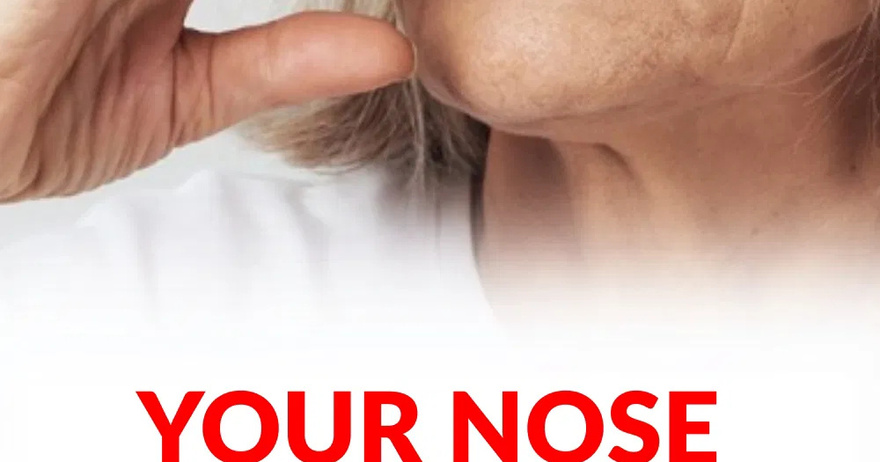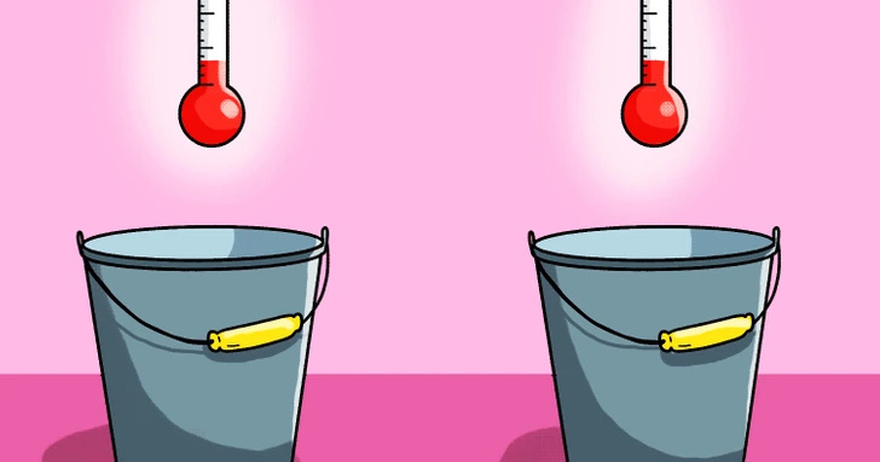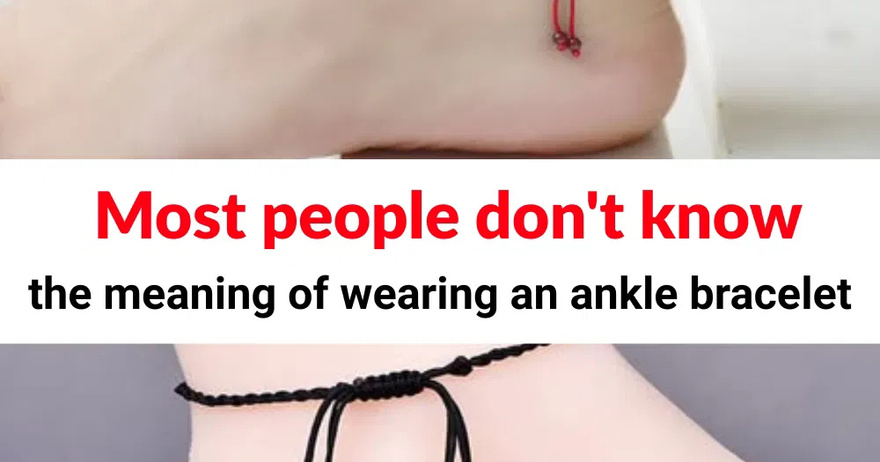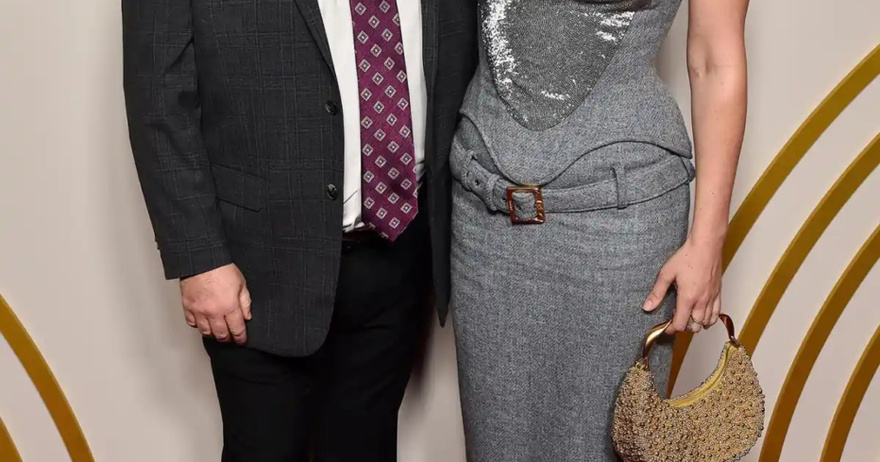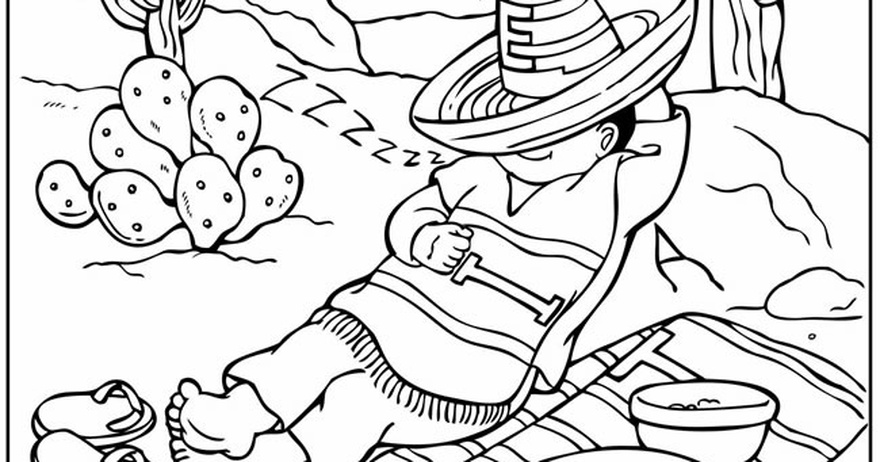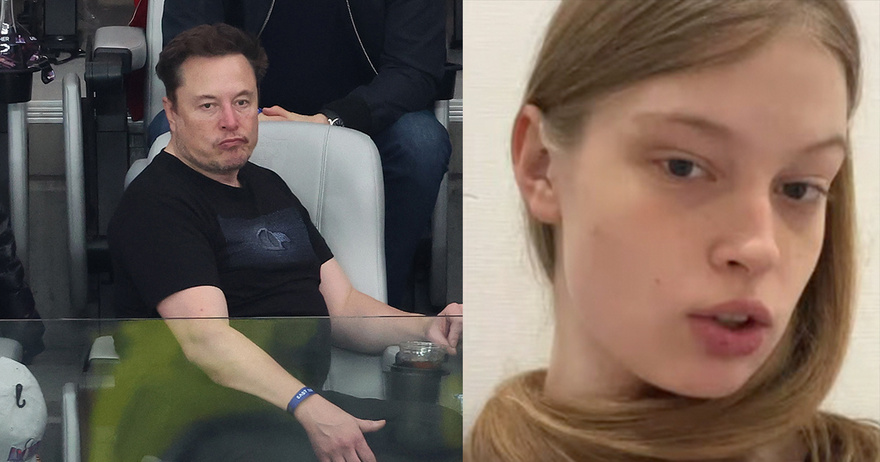Optical illusions are more than just visually intriguing; they play a unique role in improving our mental sharpness. These picture puzzles, ranging from the simple to the complex, require you to focus closely on details to spot the error. It’s an exercise that enhances concentration and sharpens your focus. In fact, studies suggest that people with high IQs excel at these puzzles, as they can quickly identify anomalies by filtering out irrelevant information. This shows not just intelligence but an exceptional ability to focus on what matters.
The Science Behind Spotting the Mistake
Did you know that spotting errors in complex images can be a sign of strong cognitive function? Research has shown that individuals who excel at these challenges have a natural talent for picking out fine details, noticing things others might overlook. This skill is all about visual perception and selective attention—your ability to concentrate on relevant details while ignoring distractions.
When you attempt to find the mistake in an image, your brain goes into problem-solving mode, activating areas responsible for pattern recognition, analytical thinking, and processing visual information. It’s a workout for your mind, encouraging you to approach challenges from different angles.
Can You Spot the Mistake in 11 Seconds?
Now, here’s the fun part! Below, you’ll find a seemingly normal picture. But hidden within this scene is a mistake cleverly designed to blend in. Can you find it? The challenge is to spot it within 11 seconds. The top 1% of attentive minds can find it within this timeframe. If you can do it, you may have exceptional observational skills!
Why 11 Seconds?

Why give yourself only 11 seconds? Because setting a time limit adds a layer of difficulty, pushing you to process information quickly and accurately. This reflects the type of quick thinking required in real-life scenarios, such as identifying hazards when driving or catching a typo in a document before hitting “send.”
How to Enhance Your Observation Skills
Whether you’re new to optical illusions or a seasoned pro, there are always ways to improve your observation skills. Here are a few tips:
Practice Regularly: The more you engage with puzzles and optical illusions, the sharper your observational skills become. Make it a habit!
Slow Down and Focus: Although the challenge here is quick observation, taking your time with more complex puzzles can help you notice details you’d otherwise miss.
Challenge Your Brain: Mix up the types of puzzles you try. Look for different kinds of visual challenges, such as “find the difference” puzzles or hidden object games. Variety keeps your mind sharp!
Meditate: Believe it or not, meditation can improve focus and clarity, which can in turn help with puzzles like these. A calm mind is often more observant.
The Thrill of Success: Did You Find the Mistake?
Time’s up! Did you find the mistake within 11 seconds? If so, congratulations! You’ve shown exceptional attention to detail and quick processing speed. If you’re still looking, don’t worry—practice makes perfect. Each puzzle is an opportunity to enhance your skills, and the more you work on them, the faster you’ll get.
Share the Challenge with Others!
Found the mistake? Challenge your friends and family! These puzzles are not only a great way to spend time together but also a fun way to see who has the sharpest eye for detail. Engage them in the challenge and see who can spot the mistake fastest.
These puzzles are an excellent reminder that sometimes the smallest details are the hardest to spot. It’s a skill worth cultivating—not just for puzzles but for everyday life as well.
Conclusion: Embrace the Power of Optical Illusions
Optical illusions and picture puzzles are more than just a fun way to pass the time. They’re a mental workout, a way to sharpen your mind, and a fantastic tool for improving focus, problem-solving abilities, and visual perception. Whether you solve the puzzle or not, you’re training your brain to notice details and think critically. So, the next time you come across a visual challenge, embrace it. After all, who knows? You might just join the top 1% of highly attentive minds!
Embrace the challenge, discover the hidden details, and enjoy the journey of self-improvement!


